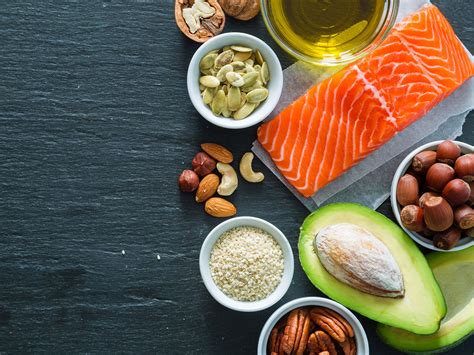Optimize male performance: Best macros for sustained energy?

Fueling Peak Male Performance: The Macro-Nutrient Blueprint
For men striving for peak physical and mental performance, sustained energy isn’t just a luxury; it’s a fundamental requirement. Whether it’s excelling in the gym, staying sharp at work, or maintaining vitality in daily life, the quality and balance of your diet play a pivotal role. Specifically, understanding and optimizing your macronutrient intake—carbohydrates, proteins, and fats—is key to unlocking consistent energy levels and supporting optimal male health.
Forget the fleeting sugar highs and subsequent crashes. This article will delve into how each macronutrient contributes to sustained energy, muscle maintenance, hormone balance, and overall well-being, providing a blueprint for fueling your body effectively.

The Role of Carbohydrates: Your Primary Energy Source
Often demonized, carbohydrates are the body’s preferred and most efficient source of energy. For sustained performance, the key lies in choosing the right types. Complex carbohydrates, found in whole grains, vegetables, and legumes, are digested slowly, providing a steady release of glucose into the bloodstream. This prevents energy spikes and crashes, keeping you fueled for longer periods.
Simple carbohydrates, found in sugary drinks and processed foods, offer quick energy but can lead to rapid blood sugar fluctuations, resulting in fatigue. For men focused on performance, integrating adequate complex carbs supports glycogen stores, crucial for endurance activities and intense workouts.
Protein: The Building Block for Strength and Satiety
Protein is essential for muscle repair, growth, and the production of enzymes and hormones. For active men, sufficient protein intake is vital not only for maintaining muscle mass but also for feeling full and satisfied, which helps manage overall calorie intake. Protein also plays a role in stabilizing blood sugar, indirectly contributing to sustained energy by preventing hunger-related energy dips.
Lean protein sources like chicken, fish, lean beef, eggs, dairy, and plant-based options such as lentils, beans, and tofu should be a staple in every meal. Distributing protein intake evenly throughout the day can maximize its benefits.

Healthy Fats: Essential for Hormones and Long-Term Energy
Fats are often misunderstood but are crucial for overall health, hormone production (including testosterone), nutrient absorption, and long-term energy. While they provide more calories per gram than carbs or protein, healthy fats are digested slowly, offering a very sustained energy release, making them excellent for endurance and satiety.
Focus on incorporating monounsaturated and polyunsaturated fats found in avocados, nuts, seeds, olive oil, and fatty fish (like salmon and mackerel). These fats also contain essential fatty acids (EFAs) which the body cannot produce on its own and are vital for brain function and reducing inflammation.

Optimal Macro Ratios for Sustained Energy
While individual needs vary based on activity level, body composition, and goals, a general guideline for men seeking sustained energy and optimal performance might look something like this:
- Carbohydrates: 40-50% of total daily calories, focusing on complex sources.
- Protein: 25-35% of total daily calories, ensuring adequate intake for muscle repair and satiety.
- Fats: 20-30% of total daily calories, prioritizing healthy unsaturated fats.
These percentages can be adjusted. For instance, men with highly active lifestyles or those engaged in endurance sports might lean towards the higher end of carbohydrate intake, while those focusing on fat loss or muscle gain might slightly increase protein. It’s important to listen to your body and adjust as needed, perhaps even tracking your intake for a short period to understand your current habits.
Practical Tips for Macro Optimization
- Prioritize Whole Foods: Base your diet around whole, unprocessed foods to naturally get a better macro balance and essential micronutrients.
- Meal Timing: Consume complex carbohydrates before workouts for energy and protein/carbohydrates after for recovery.
- Hydration: Don’t underestimate the power of water. Dehydration can significantly impact energy levels, even with perfect macro intake.
- Portion Control: Even healthy foods can lead to weight gain if consumed in excess. Be mindful of portion sizes.
- Listen to Your Body: Pay attention to how different foods and macro ratios affect your energy, mood, and performance.

Conclusion
Optimizing male performance and achieving sustained energy isn’t about restrictive dieting; it’s about intelligent fueling. By consciously balancing your intake of quality carbohydrates, lean proteins, and healthy fats, you provide your body with the consistent fuel it needs to operate at its best. This foundational approach to nutrition supports not only physical prowess but also mental clarity and overall vitality, paving the way for a healthier, more energetic life.









